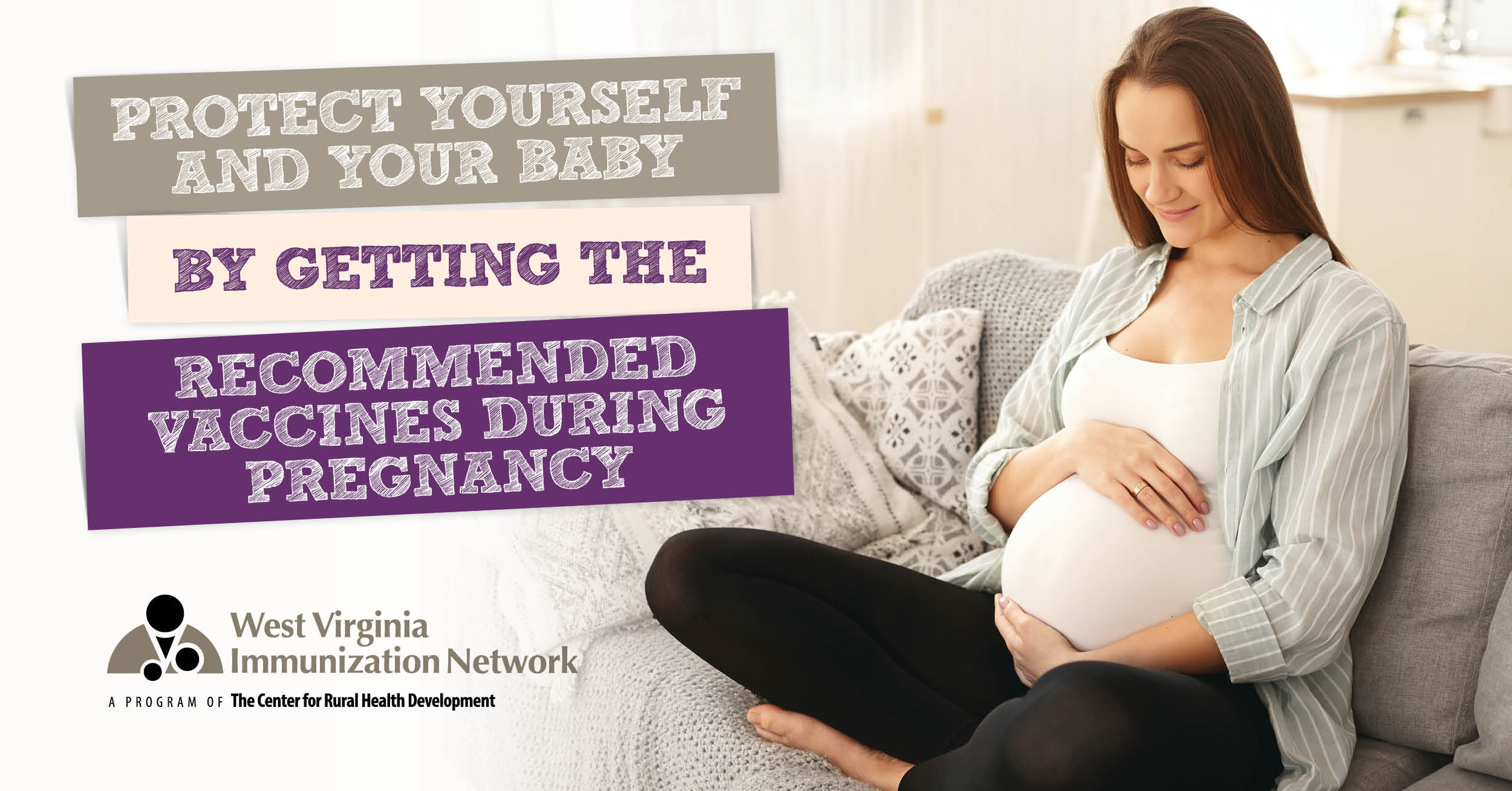
During pregnancy it’s normal to have questions about the best steps to ensure a healthy pregnancy. With respiratory season in full force, we thought we’d address some commonly asked questions to make sure you are prepared to protect yourself and your baby from respiratory diseases that are spreading at this time.
Why are vaccines recommended during pregnancy?
Normal changes in the body during pregnancy can increase the risk of complications from respiratory viruses like flu, COVID-19, RSV, and whooping cough. These complications can include preterm labor and preterm birth, if you get one of these respiratory diseases during pregnancy. You are more likely to be hospitalized, or die, if you get one of these diseases while you are pregnant than when you are not pregnant. Vaccination during pregnancy can help to protect you and your baby from serious illness and these complications.
Which vaccines are recommended during pregnancy?
The American College of Obstetricians and Gynecologists (ACOG) recommends four vaccines during pregnancy to protect against the flu, whooping cough, COVID-19 and RSV. These vaccines help keep you healthy and help protect your baby from these serious illnesses for several months after birth. The vaccines are recommended at different times during pregnancy, so it is important to talk with your healthcare provider to find out if these vaccines are right for you and when you should get them.
How do the vaccines protect my baby?
These vaccines create protective antibodies that are passed to the fetus, which can help protect the baby from these vaccine-preventable diseases for several months after birth before they are able to be vaccinated themselves.
Are the shots safe during pregnancy?
Yes. Research shows that vaccines do not lead to pregnancy problems, birth defects, or autism in children. Vaccines have been used for many years in millions of pregnancies.
Where can you get these immunizations?
You can get these shots at many places in your community, including your healthcare providers’ office, the lacog.org/womens-health/resources-for-you local health department, and pharmacies.
Most insurance plans cover adult vaccination. For adults who do not have insurance or whose insurance does not cover vaccines, free or reduced cost vaccines may be available at community health centers and local health departments.
Final Thoughts
Vaccination during pregnancy is a simple yet powerful way to prioritize your health during your pregnancy and your baby’s health. Flu, RSV and COVID-19 are all spreading in our communities at this time, so if you are pregnant and haven’t received those vaccines, this is the time to talk with your healthcare provider to find out if you are due for these vaccines.
For more information about immunizations during pregnancy, contact your healthcare provider or visit the American College of Obstetricians & Gynecologists’ website.

